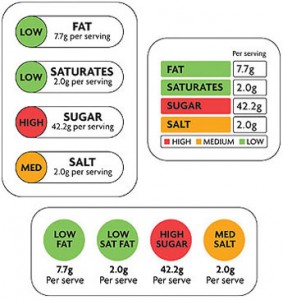As I argued in my book, Safe Food, in 2003, the big problem with genetically modified foods is not whether the foods are safe to eat. Instead, the real problem is a matter of who controls the food supply. To understand, for example, why GM foods are not labeled as such, it is useful to understand that the biotech food industry is secretive, agressive in defending its property rights and attacking critics, and relentless in protecting its corporate interests. Today’s example: biotech food companies are not permitting independent research scientists to study the foods. As reported in the New York Times, corporate control and secrecy have gotten so bad that a group of 26 corn-insect researchers has complained to the EPA that companies are not permitting them to grow GM crops for research purposes. This, of course, makes questions about the environmental and human health risks unanswerable.
Biotech food companies complain bitterly about consumer distrust of their products. The remedy is simple: label the foods and let independent researchers study their environmental and safety effects.


